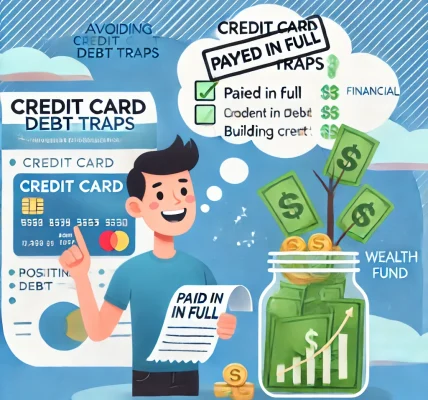Managing debt can be overwhelming, but negotiating with creditors can help you secure lower interest rates or settle your debt for less than you owe. This guide will provide you with actionable steps to effectively negotiate with your creditors while protecting your financial health.
Why Negotiating with Creditors Matters
Negotiating with creditors can help you:
- Reduce your overall debt burden
- Lower your interest rates, making payments more manageable
- Avoid severe damage to your credit score
- Prevent legal action such as lawsuits or wage garnishments
Understanding your rights and options before negotiating can empower you to achieve better outcomes.
Preparing for Negotiation
Before contacting your creditors, take these essential steps:
1. Assess Your Financial Situation
- Calculate your total debt, including principal, interest, and fees.
- Determine your monthly income and essential expenses.
- Identify a realistic repayment amount or settlement offer you can afford.
2. Know Your Creditors’ Policies
Each creditor has different policies regarding debt settlement and interest rate reductions. Research their policies through their website or by speaking with a customer service representative.
3. Review Your Credit Report
Check your credit report for any errors. If you find mistakes, dispute them before negotiating, as a higher credit score may give you better bargaining power.
4. Gather Supporting Documents
Having proof of financial hardship, such as medical bills, pay stubs, or unemployment documents, can strengthen your case when negotiating.
Strategies for Negotiating Lower Interest Rates
If you are struggling with high-interest debt, you may be able to negotiate a lower rate. Here’s how:
1. Call Your Creditor and Ask for a Lower Rate
Be polite but firm. Explain your situation and request a lower interest rate. If you have a good payment history, highlight it.
2. Mention Competing Offers
If you receive a balance transfer offer from another credit card company with a lower interest rate, mention it. Creditors may match or beat the offer to keep your business.
3. Request a Temporary Hardship Reduction
Some lenders offer temporary lower interest rates for financial hardships. Ask if they have any hardship programs available.
4. Speak with a Supervisor if Needed
If the first representative denies your request, ask to speak with a supervisor. Higher-level employees often have more authority to approve adjustments.
Strategies for Negotiating a Debt Settlement
If you cannot afford to pay your debt in full, you may be able to settle for a lower amount.
1. Offer a Lump-Sum Payment
Creditors are often willing to settle for a lower amount if you can pay a lump sum. Start by offering 25-50% of the total debt and negotiate from there.
2. Propose a Payment Plan
If a lump sum is not possible, ask for a structured payment plan with reduced payments.
3. Get Everything in Writing
Before making any payments, get a written agreement from the creditor stating the settlement terms. This protects you from future claims.
4. Avoid Making Promises You Can’t Keep
Ensure that you can fulfill the agreed-upon settlement terms before committing.
Alternative Options if Negotiation Fails
If you are unable to negotiate a better deal, consider these alternatives:
1. Credit Counseling
Nonprofit credit counseling agencies can help you set up a debt management plan and negotiate on your behalf.
2. Debt Consolidation Loans
If you have a high credit score, you may qualify for a debt consolidation loan with a lower interest rate.
3. Bankruptcy (As a Last Resort)
If your debt is unmanageable, bankruptcy may be an option. Consult with a financial advisor or attorney before making this decision.
Final Thoughts
Negotiating with creditors can be challenging, but it is possible with preparation and persistence. Whether you aim to lower your interest rates or settle your debt, having a clear strategy and maintaining open communication with your creditors can lead to better financial outcomes. Always get agreements in writing and consider seeking professional advice if needed.




